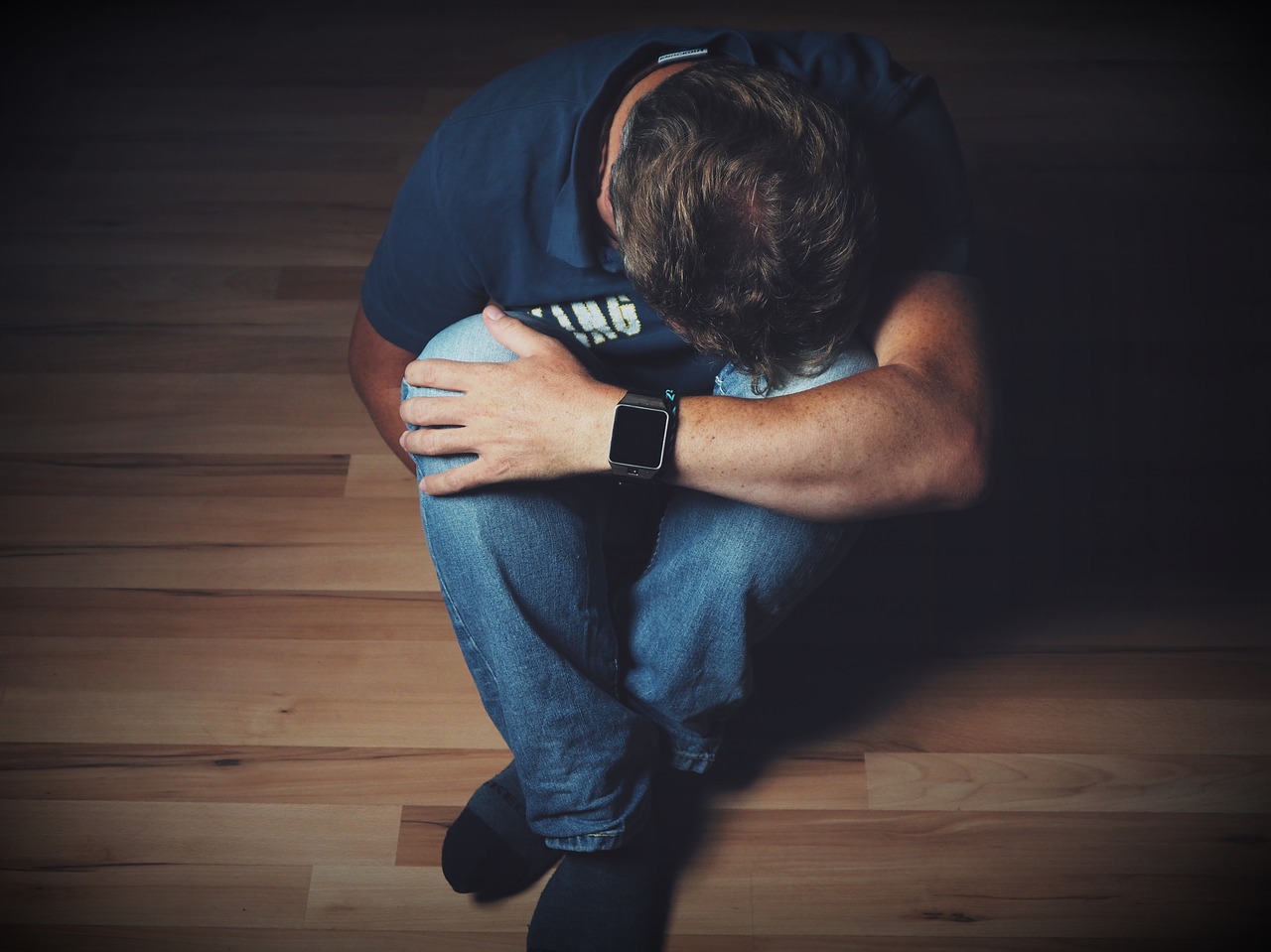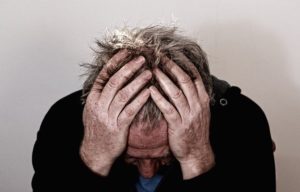Ways to Deal With Depression and Anxiety in Everyday Life

Depression and anxiety can be debilitating conditions that affect every area of your life. However, there are ways to deal with them and improve your quality of life. In this article, we will discuss some strategies that can help you manage these issues and take care of your overall mental health in post-pandemia.
Identify the Symptoms
 The first step in dealing with depression and anxiety is to identify the symptoms. Some common symptoms of depression include feeling restless or irritable, having low energy, sleeping too much or too little, losing interest in things you used to enjoy, and experiencing changes in your appetite.
The first step in dealing with depression and anxiety is to identify the symptoms. Some common symptoms of depression include feeling restless or irritable, having low energy, sleeping too much or too little, losing interest in things you used to enjoy, and experiencing changes in your appetite.
Anxiety can cause similar symptoms, as well as feelings of fearfulness, “keyed up” or on edge, and excessive worry. If you are experiencing any of these symptoms, it’s essential to talk to your doctor or a mental health professional.
It’s also important to understand that depression and anxiety can manifest differently in different people. For example, some people with depression may seem angry, while others may withdraw from social situations. And some people with anxiety may have panic attacks, while others may only feel anxious in certain situations. It’s crucial to be aware of your own symptoms and how they affect you so that you can get the help you need.
Seek Professional Help
If you are struggling with depression or anxiety, it’s vital to seek professional help. A mental health professional can help you understand your diagnosis, develop a treatment plan, and provide support. If you’re not sure where to start, your primary care doctor or local mental health association can help you find a mental health professional in your area.
Talk to Friends and Family
If you’re comfortable doing so, talking to friends and family about your depression or anxiety can be helpful. They can offer support and understanding and may be able to provide practical help, such as child care or transportation. Just knowing that someone cares can make a big difference. If you don’t feel like you have anyone you can talk to, there are also many support groups available for people with depression and anxiety. These groups provide a safe space to share your experiences and connect with others who understand what you’re going through.
Exercise Regularly and Eat a Healthy Diet
Regular exercise and a healthy diet can help reduce the symptoms of depression and anxiety. Working out releases endorphins, which can improve your mood. And eating a healthy diet provides your body with the nutrients it needs to function well. Both exercise and a healthy diet can also help you sleep better, which can further reduce the symptoms of depression and anxiety.
Practice Relaxation Techniques
Relaxation techniques like yoga and meditation can help reduce the symptoms of depression and anxiety. Yoga can help you learn to focus on your breath and be more present at the moment. Meditation can help you train your mind to focus on positive thoughts and let go of negative ones. Both yoga and meditation can also help you sleep better, which can further reduce the symptoms of depression and anxiety.
Avoid Alcohol and Drugs
 Alcohol and drugs can make the symptoms of depression and anxiety worse. If you’re struggling with depression or anxiety, it’s important to avoid these substances. If you find that you can’t avoid them, it’s essential to seek professional help.
Alcohol and drugs can make the symptoms of depression and anxiety worse. If you’re struggling with depression or anxiety, it’s important to avoid these substances. If you find that you can’t avoid them, it’s essential to seek professional help.
These are just a few of the many ways you can deal with depression and anxiety in your everyday life. If you’re struggling with these conditions, it’s important to seek professional help. And even if you’re not struggling, these tips can help you prevent depression and anxiety from taking over your life.




Leave a Reply